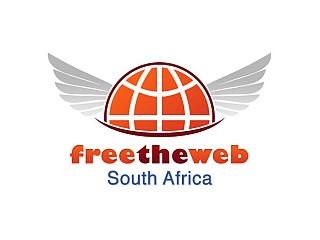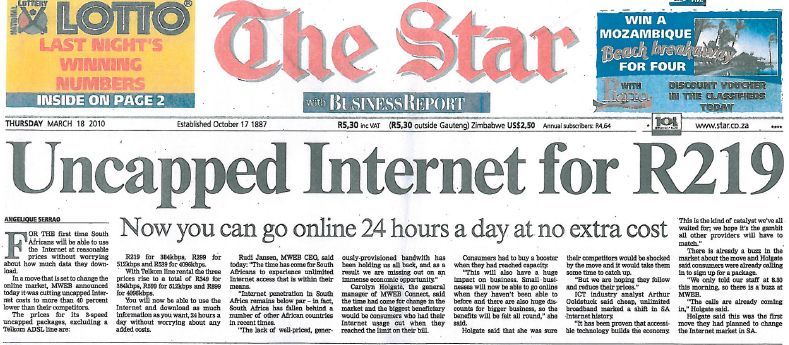
Despite today's setback, North Carolina's broadband hero is Rep. Bill Faison, who stood up for rural broadband.
In the North Carolina legislature’s Finance Committee, a one week timeout “to hear views from the public” actually means giving breathing room for cable and phone lobbyists to strip away surprise amendments not to their liking. This morning, in a catastrophe for consumers, the state’s largest phone and cable companies got legislators to wipe out a provision that would have helped guarantee rural North Carolina at least 4Mbps broadband service, either from existing providers or new ones that develop in their absence.
During debate of H.129, the anti-Community Broadband bill, North Carolina consumer interests were kept out of sight and mind as lobbyists worked their magic to get rid of Rep. Bill Faison’s (D-Caswell, Orange) amendment that would set the state’s minimum acceptable definition of broadband at 4Mbps with a 1Mbps upload speed. With the help of several flip-flopping representatives, they got their wish.
Faison’s amendment was designed to open the door to someone — anyone — to bring broadband into rural areas of the state. While Time Warner Cable, AT&T, and CenturyLink dawdle, large numbers of rural residents simply go without any broadband service. Faison’s amendment was simple and reasonable — if at least half of an area is not served with 4/1Mbps service, provisions should be made to allow local communities, if they wish, to establish service themselves to get the job done.
Last week, when Faison’s amendment appeared to be headed for incorporation into the bill, industry lobbyists blanched and fled the room, raising vocal objections and demanding a week timeout before a vote was taken. After winning their reprieve, they managed to get the Republican majority in line to throw rural North Carolina under the bus, uniformly opposing Faison’s amendment. Two Democrats, one representing the city where Time Warner Cable’s regional division is headquartered, joined them.
In its place, they substituted a new amendment which defined broadband in the state of North Carolina as any service occasionally capable of achieving 768kbps downstream and 200kbps upstream. That represents “well-served” among these industry-friendly legislators.
Among the worst offenders that stood out today were Reps. Jeff Collins (R-Nash) and Becky Carney (D-Mecklenburg). Last week, they were standing with North Carolina consumers. This week, they are voting for the interests of the cable and phone companies. Rep. Carney, who lists her occupation as “homemaker”, voted to guarantee North Carolina families years of slow, expensive and erratic broadband service, if available at all. Collins supported an amendment that says Nash County residents should do just fine with broadband speeds that don’t even manage to break 1Mbps.
The bill next moves to the floor of the House for consideration.
What is missing from this debate is a realization on the part of the legislature cable and phone lobbyists do not want anyone delivering basic broadband service in rural North Carolina unless it comes from them, and to date they have shown no interest in delivering it.
After all the debate, here is a fact no one can ignore. The only networks in the state capable of delivering world class 100Mbps broadband are two fiber based community-owned networks in Wilson and Salisbury. The companies that want to see them out of business see 768kbps as more than adequate to define broadband availability in North Carolina. When members of the Finance Committee agreed, it helps explain how the state has managed to rank 41st in broadband excellence.
It’s time to ask your legislators what side they are on. Yours or the state’s cable and phone companies.


 Subscribe
Subscribe





